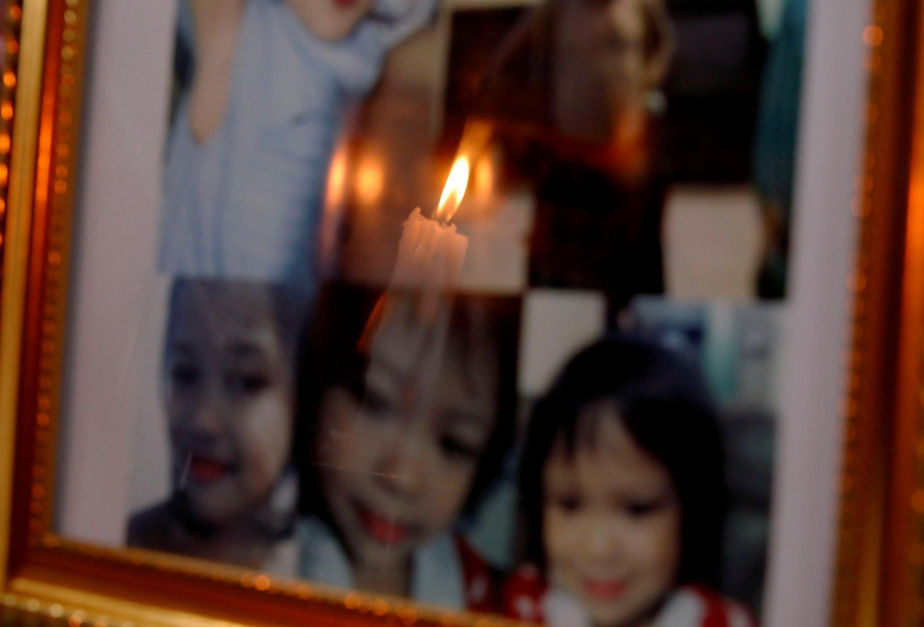Philippines: children hit by "the war on drugs"
- Urban Kapital

- May 31, 2020
- 3 min read
The “war on drugs” waged by the Philippine police since the 2016's coming to power of President Rodrigo Duterte has seen the lives of more than a hundred children to fade away, presented as “collateral damage” by the chief of the controversial state.
"If nothing is done now, a whole generation of Filipino children will be heavily impacted" by the violence of the current campaign, warned a few days ago Carlos Conde, Philippines researcher for Human Rights Watch.

Human Rights Watch is a non-governmental organisation that denounces the abuses that many children have to confront, because of the violent death of a parent in the war against drugs.
Indeed, because of President Duterte’s strong fight against drugs, many innocents are paying the consequences.
An example comes from Jennifer M., who lives in Quezon City, north of Manila, in an underprivileged district. A group of police broke into the family home overnight in December 2016 to apprehend his father. The teenager, who was only 12, hung on her legs to prevent the police from "harming her" before being thrown outside by one of the officers. Shots were heard almost immediately. Through the door frame, she then saw her father's body with a rifle placed near her hand.
"I was so angry at the police because my father begged them to spare him and they didn't want to hear anything," the young Filipino girl, who dropped out of school after the tragedy, told Human Rights Watch so that she did not have to endure the quibbles of other students.

Many families hit by the government's drug campaign are ostracized by their community out of fear or indignation, whether or not the people killed have used or trafficked drugs.
The violent death of a parent is often synonymous with economic hardship for the children left behind, explains Human Rights Watch.
Another similar story was embraced by Robert A., who was only 15 years old when his father was killed in front of him in 2016 by four masked men riding a motorcycle in Mandaluyong. He suddenly found himself on the street with a younger brother and sister to look after.
"I became a father to them because I didn't want to see them suffer," said the boy, who had to drop out of school.
He earns today, by giving hip-hop lessons, a minimum income which barely allows him to feed his loved ones, who sleep on cardboard boxes at the back of a supermarket.
Much international attention has been paid in recent years to the crackdown under President Duterte, who has made the fight against drugs one of the most solid -but extremely miserable- pillars of his policy.

According to the most recent report, the national Philippine police killed nearly 6,000 people described as traffickers or consumers over four years.
Human rights organizations claim that these are usually disguised executions by law enforcement officials, who almost always pretend to be acting in self-defence.
Tens of thousands have also been killed by masked militiamen who are suspected of having ties to law enforcement, bringing the total death toll to nearly 30,000.
The sad truth lies in the fact that the families of those killed in the drug campaign rarely get formal explanations for the reasons for the intervention since the police have almost total immunity.
Up to now, only the 2017’s murder of a 17-year-old boy in Manila has led to a conviction, thanks to the images captured by some surveillance cameras.
Three police officers were sentenced with 40 years in prison for coldly shooting him in the head with several bullets.

Human Rights Watch calls on the Philippine State to end the current drug campaign, and the abuses that come with that, to establish a support service for stricken families who ironically receive money for costs funeral.
The majority of them do not even ask for help since they believe that the police and the state are responsible for their situation and fear paying the cost of new attacks, the organization admitted.










Comments